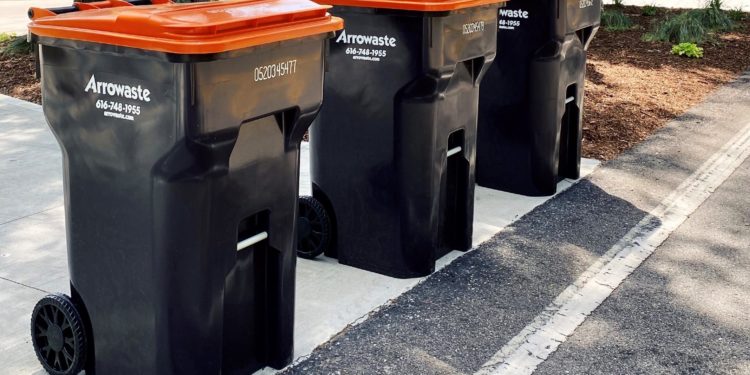Effective waste management in residential properties is crucial for promoting sustainability, improving the quality of life, and maintaining a clean and healthy environment. As urbanization increases and residential areas continue to expand, the need for efficient waste management practices becomes even more pressing.
Proper waste management not only ensures the cleanliness of living spaces but also plays a vital role in reducing environmental impact and conserving resources.
One of the primary benefits of effective waste management in residential properties is the reduction of environmental pollution. When waste is not managed properly, it can lead to the contamination of soil, water, and air, posing serious health risks to residents and damaging the local ecosystem.
By implementing organized waste disposal systems, such as regular collection schedules and proper sorting of recyclables, communities can significantly decrease the amount of waste that ends up in landfills. This not only reduces the risk of pollution but also minimizes the release of harmful greenhouse gases, such as methane, that contribute to climate change.
Well-structured waste management systems in residential areas promote recycling and resource conservation. By encouraging residents to separate recyclable materials from general waste, communities can divert a substantial amount of waste from landfills and contribute to the circular economy. Recycling conserves natural resources, reduces the need for raw materials, and saves energy in the production process. For instance, recycling paper, plastic, and metals requires less energy compared to manufacturing these products from virgin materials. This not only benefits the environment but also supports the development of sustainable industries and green jobs.
Waste management practices that prioritize composting organic waste further contribute to environmental sustainability. Organic waste, such as food scraps and yard trimmings, can be transformed into valuable compost through controlled decomposition. Composting not only reduces the volume of waste sent to landfills but also produces a nutrient-rich soil amendment that can be used in gardening and landscaping. By promoting composting in residential properties, communities can reduce their reliance on chemical fertilizers, improve soil health, and enhance local biodiversity.
Effective waste management in residential properties can improve public health and safety. Poorly managed waste can attract pests, such as rodents and insects, which can spread diseases and create unsanitary living conditions. By ensuring regular waste collection, proper storage, and the use of sealed containers, communities can prevent the accumulation of waste that attracts pests and reduces the risk of disease transmission. Clean and well-maintained waste disposal areas also contribute to a more pleasant living environment, enhancing the overall well-being of residents.
Waste management in residential properties is a critical aspect of sustainable living that offers numerous benefits for the environment, public health, and community well-being. By implementing effective waste management practices, communities can reduce pollution, conserve resources, and create a cleaner, healthier, and more sustainable living environment.













